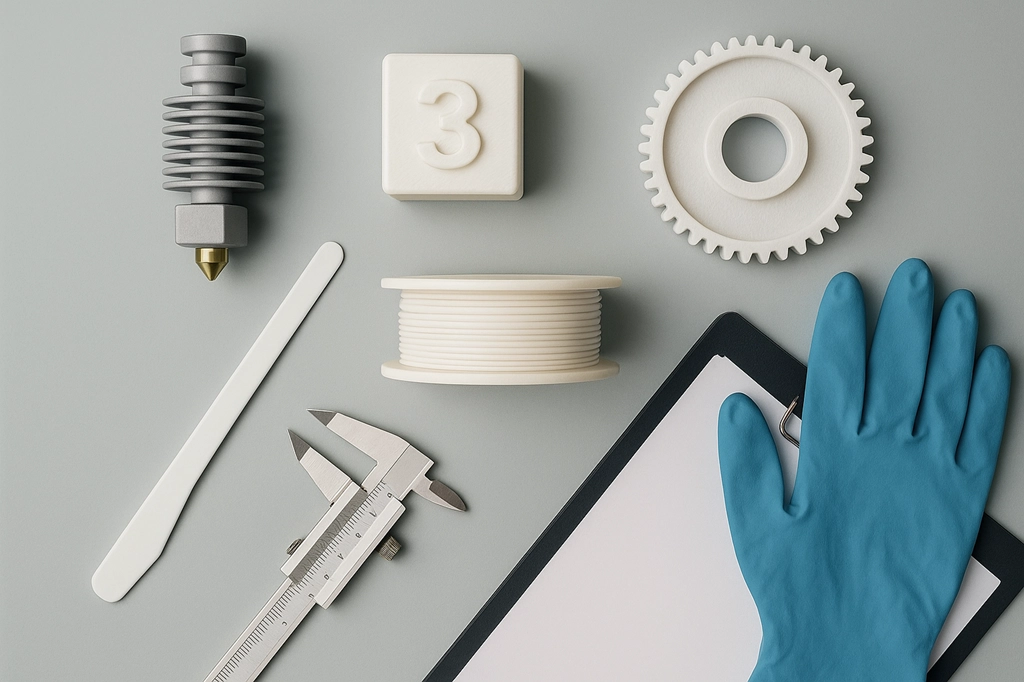Additive Manufacturing & 3D Printing Testing
As additive manufacturing and 3D printing technology continue to revolutionize industries, the need for rigorous testing has become paramount. Ensuring that parts meet stringent quality standards is critical to maintaining product integrity and safety across various sectors. In this section, we will explore why these tests are essential in ensuring reliable performance of manufactured components.
The Additive Manufacturing (AM) process involves layering materials into a three-dimensional object based on digital models. This process can be used for creating prototypes or producing final products. Testing plays an integral role in validating the strength, durability, and accuracy of parts produced through AM techniques. Our laboratory specializes in providing comprehensive testing services tailored specifically to meet the unique demands of this rapidly evolving technology.
For quality assurance purposes, it is necessary to assess several key parameters during the testing process including but not limited to:
- Dimensional accuracy
- Mechanical properties such as tensile strength and elongation at break
- Surface finish
- Material composition consistency between layers
- Porosity levels within the structure
To achieve these objectives, our laboratory employs state-of-the-art equipment capable of performing precise measurements and evaluations. By leveraging advanced technologies like scanning electron microscopy (SEM), X-ray fluorescence spectrometry (XRF), and digital micromechanics, we provide accurate results that are essential for making informed decisions about product design and manufacturing processes.
Understanding the importance of these tests is crucial for both manufacturers who wish to ensure their products meet industry standards as well as buyers looking for reliable suppliers. With our expertise in additive manufacturing testing, you can rest assured that every part produced meets the highest quality benchmarks.
Why It Matters
The reliability and performance of parts manufactured through Additive Manufacturing (AM) processes are paramount in today’s competitive market. Ensuring that these components meet all necessary standards not only enhances product quality but also contributes significantly to overall business success.
Testing serves multiple purposes beyond merely validating compliance with regulatory requirements. It helps identify potential issues early on, allowing manufacturers to address them before they become costly problems down the line. Furthermore, regular testing ensures continuous improvement in manufacturing processes by providing valuable feedback that can be used to refine designs and techniques.
In terms of safety, particularly when dealing with medical devices or aerospace components, ensuring that parts are free from defects is non-negotiable. Any flaw could have severe consequences ranging from decreased functionality to complete failure leading to accidents or injuries.
Industry Applications
| Application Sector | Description of Testing Requirements |
|---|---|
| Aerospace & Defense | Testing focuses on ensuring parts withstand extreme environmental conditions while maintaining structural integrity. |
| Medical Devices | Comprehensive testing ensures that implants and other medical components are biocompatible, safe for use by patients. |
| Automotive Manufacturing | Evaluation of parts' ability to withstand high temperatures and pressures during operation. |
| Military & Defense | Validation of materials used in critical systems against stress, fatigue, and other potential failure modes. |
| Consumer Goods | Verification that products meet durability standards set by governing bodies worldwide. |
Competitive Advantage and Market Impact
Incorporating robust testing into your AM & 3D printing strategies offers several advantages. Firstly, it enhances brand reputation by demonstrating commitment to excellence in product quality. Secondly, it allows companies to stay ahead of competitors by leveraging cutting-edge technology to produce superior products faster than rivals.
Moreover, adherence to strict testing protocols helps businesses comply with international standards and regulations, opening up new markets for exports. This compliance also fosters trust among customers who know their purchases are backed by rigorous quality assurance measures. Lastly, successful implementation of these practices can lead to cost savings through reduced waste and improved efficiency in production processes.





